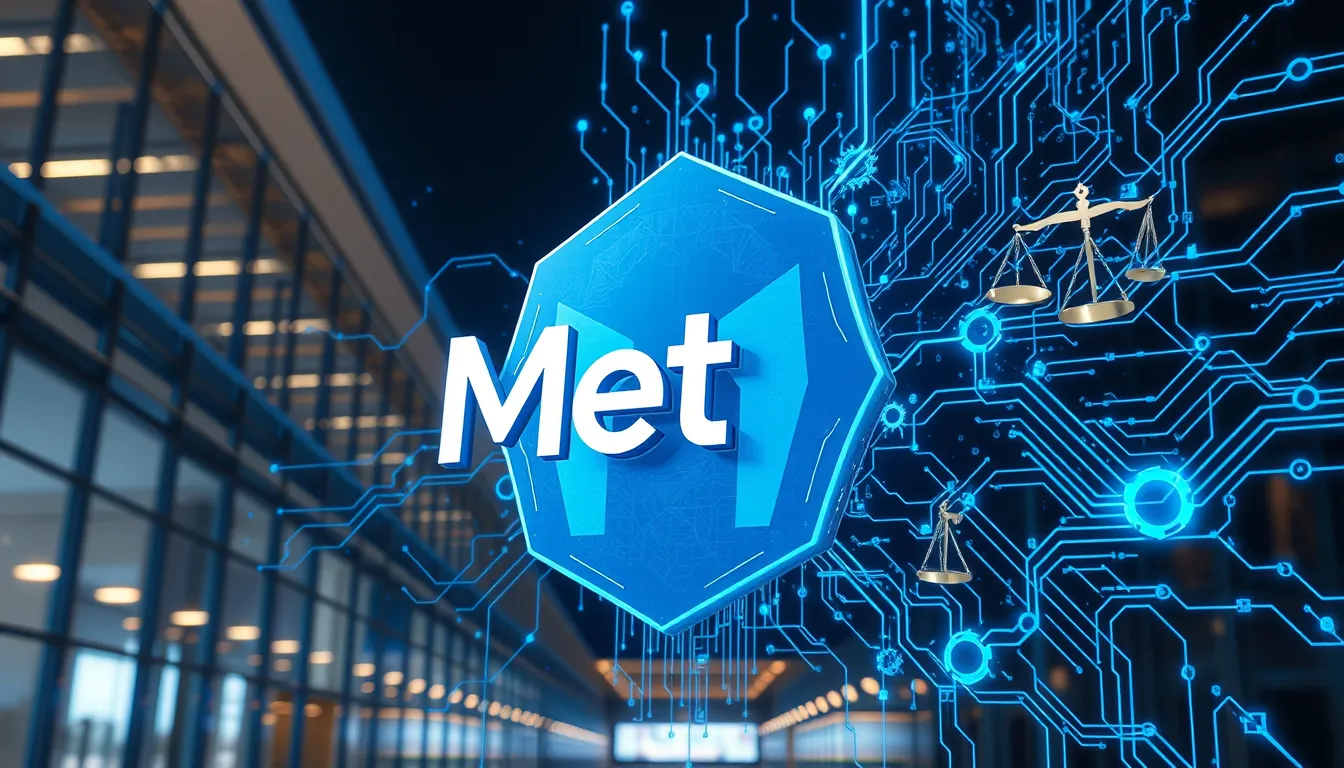Now Reading: Meta Acquisition and AI Development: A New Horizon
-
01
Meta Acquisition and AI Development: A New Horizon
Meta Acquisition and AI Development: A New Horizon

Meta Acquisition and AI Development: A New Horizon
In today’s rapidly evolving tech landscape, the concept of “Meta acquisition and AI development” is emerging as a powerful force reshaping industry dynamics. Recent moves by major players, including Meta’s strategic investment in Scale AI, have sparked widespread debate among regulators, market analysts, and technology enthusiasts alike. This article explores the multifaceted impact of these advancements, addressing regulatory scrutiny, market competition, and the balance between fostering innovation and ensuring fairness.
The Strategic Move Behind Meta Acquisition and AI Development
Meta’s stake in Scale AI is more than just a financial investment—it is a strategic maneuver that signals a broader commitment to advanced AI development. By embracing this approach, Meta intends to bolster its capabilities and influence in emerging technologies while addressing key challenges such as antitrust concerns. This strategic investment not only enhances Meta’s portfolio but also positions the company to drive significant developments in AI applications.
Key Points:
- Meta’s acquisition move fuels rapid AI advancement
- The decision raises antitrust concerns and market competition issues
- It signals a broader industry shift towards enhanced AI development
Regulatory Scrutiny and Antitrust Concerns
The headline “Meta acquisition and AI development” naturally raises several questions about the potential risks that come with such transformative changes in the tech industry. As governments and regulatory bodies increase their focus on tech giants, there is growing scrutiny of practices that might stifle competition. For instance, critics argue that further consolidation of market power may lead to an environment where smaller innovators struggle to gain a foothold. More details on regulatory measures can be found at the official website of the U.S. Federal Trade Commission (FTC) at https://www.ftc.gov.
Balancing Innovation with Market Fairness
One of the key challenges emerging from the intersection of Meta acquisition and AI development is finding the right balance between innovation and market fairness. While the technological advancements driven by such acquisitions have the potential to revolutionize industries worldwide, they also raise legitimate concerns regarding fair competition. The central debate centers on whether increased investment in AI will drive progress or whether it might inadvertently limit opportunities for smaller companies.
In support of balanced growth, here are several considerations:
- Encouraging partnerships between tech giants and startups
- Enhancing transparency in strategic investments
- Implementing robust antitrust policies to prevent market monopolies
Successful examples of navigating these challenges are visible in various sectors, where collaboration between established giants and emerging startups has spurred innovation while maintaining competitive equity.
Impact on Market Competition and Future Implications
The investment by Meta in Scale AI is a clear example of how “Meta acquisition and AI development” is influencing market trends. This move has several implications for market competition:
- Increased market consolidation could lead to fewer players but more robust research resources.
- The collaboration may lead to breakthrough innovations, reshaping how AI is applied in various industries such as healthcare, finance, and communication.
- Stronger regulatory oversight is expected as governments around the world reassess their policies regarding tech giants and market fairness.
For further insights on market competition and the evolving regulatory landscape, industry experts often refer to analyses available at https://www.reuters.com, which offers comprehensive coverage of tech and market trends.
The Future of Tech Governance and Digital Innovation
As the debate around “Meta acquisition and AI development” intensifies, stakeholders from different sectors must work collaboratively to build a framework that fosters innovation while addressing antitrust concerns and market fairness. With regulatory bodies, tech giants, and independent experts closely observing these developments, the path forward will likely involve co-regulation, where industry self-regulation is complemented by government policies.
This approach could include:
- Structured guidelines on investment and acquisition strategies
- Greater transparency in tech mergers and strategic investments
- Policies that ensure emerging companies have competitive opportunities, thereby preserving a healthy marketplace
It is essential for policymakers to strike a careful balance that encourages technological breakthroughs without compromising competitive integrity. Moreover, with the market evolving at an unprecedented pace, both public and private sectors must adapt their strategies to ensure sustainable tech governance.
Concluding Thoughts on Meta Acquisition and AI Development
The unfolding narrative of Meta’s stake in Scale AI exemplifies the complex intersection of innovation, market competition, and regulatory oversight. The phrase “Meta acquisition and AI development” encapsulates a pivotal moment in technological history where strategic investments and dynamic market forces converge.
In summary, the following points emerge as critical:
- Meta’s strategic acquisition represents a commitment to deepening its involvement in advanced AI development.
- Antitrust concerns and regulatory scrutiny are integral parts of the conversation.
- A balanced approach, emphasizing both innovation and fairness, is key to future technological governance.
This transformative period calls for collaboration among tech companies, regulators, and industry experts to craft policies that accommodate rapid growth while preserving competitive market dynamics. As we look ahead, the implications of these moves will likely resonate across sectors, driving home the need for informed, measured responses to one of the most significant evolutionary trends in modern technology. Embracing these challenges will pave the way for a future where innovation and fairness coexist harmoniously.
For more information on related topics, you may also visit official Meta and Scale AI websites at https://about.meta.com and https://scale.ai.

























